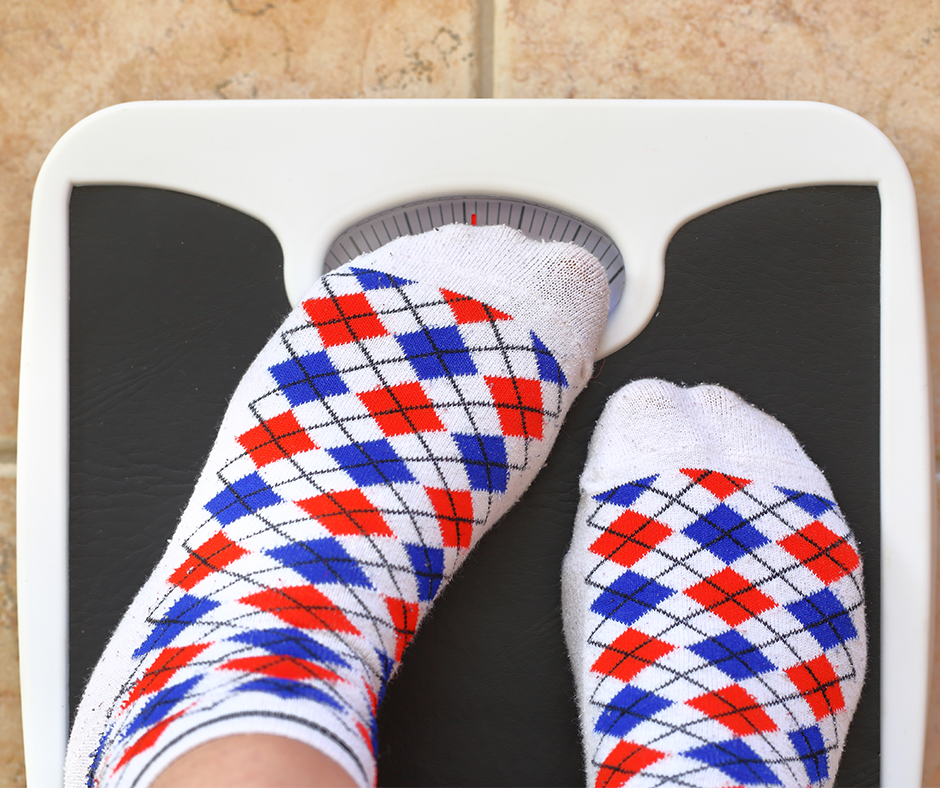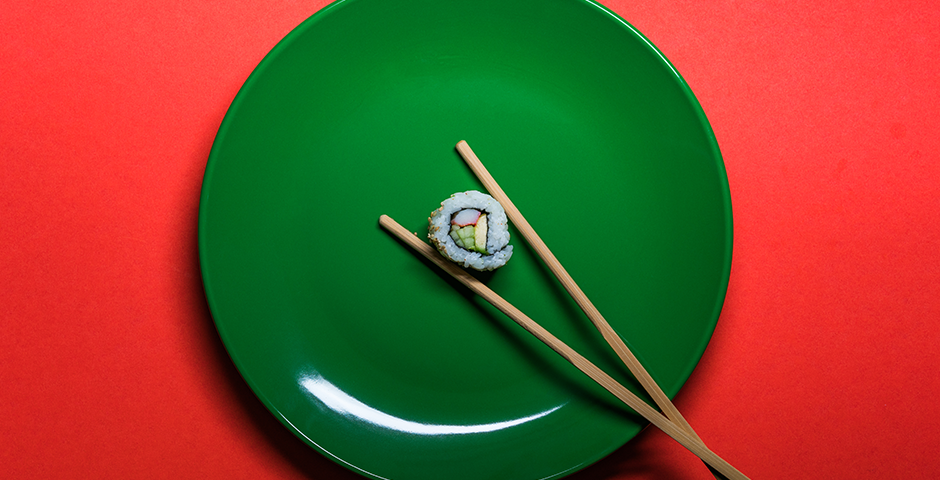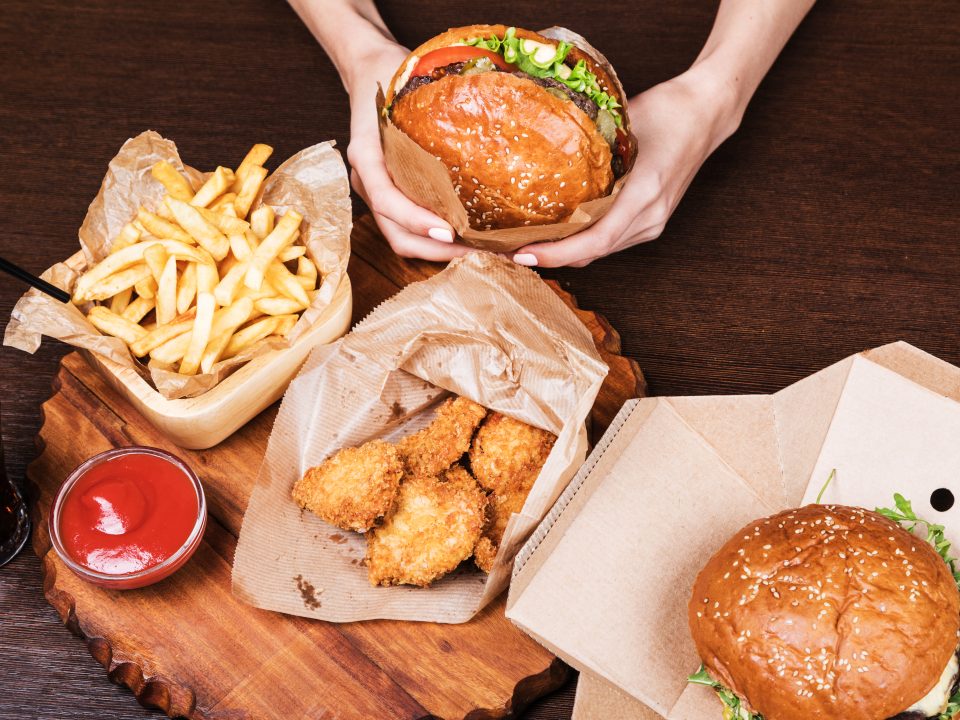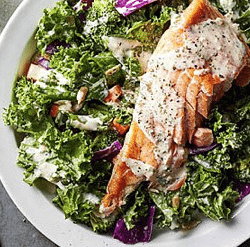
Lose Weight Without Exercise | Weight Loss Tips
July 10, 2017
Weathering a Weight Loss Plateau
July 17, 2017You’ve probably heard that it’s bad for you, if not downright dangerous to cut down your calories too much, and following a very low calorie diet (VLCD) long term can cause real problems. But what if you are getting frustrated with how slow your weight loss is, even though you seem to be doing everything right?
So you’ve been following a moderately reduced calorie meal plan, sweating through hours of uncomfortable exercise, drinking plenty of water… Has it ever crossed your mind to try one of the more extreme types of diets in the hopes of faster weight loss results?
Today we look further into the world of very low calorie diets, when they can be helpful, when they should be avoided, and what you need to do to follow these kinds of diets safely.
What is a very low calorie diet?
In general a very low calorie diet is a diet that is usually under the care of your doctor and/or dietitian, where you consume around 800 calories (3300 kJ) a day. These diets are usually in the form of meal replacements such as liquid shakes, soups, or bars that replace all meals and snacks. They have been formulated to contain all the nutrients your body needs, including all the carbohydrate, protein, fat, vitamins, and minerals. You may also need to take an additional multivitamin supplement.
Other diets that are very low in calories may not be nutritionally complete. This means they don’t contain all the essential vitamins, minerals, and may not contain appropriate levels of carbohydrate, protein, and fats.
Some examples include shakes from the supermarket or chemist that are not intended as a complete meal replacement, the grapefruit diet, cabbage soup diet, or any diet where food consumed is low energy. These diets are far less safe than nutritionally complete VLCD’s, and risky as they are often not supervised by a qualified clinician.
Why are very low calorie diets used?
Very low calorie diets may be suggested by your doctor if you have a BMI over 30, or if you have a BMI between 27 and 30 plus significant health risks resulting from your weight. This decision will be made on a case by case basis. Your doctor will look at your medical and weight history, medications, and how capable and ready your practitioner feels you are to committing to this kind of difficult diet.
Health risks that might prompt your doctor to suggest a very low calorie diet include high blood sugar levels, blood pressure, or cholesterol, plus other obesity related problems. They may also be used to prepare you for weight loss surgery (such as gastric sleeve surgery). These diets are only used short term, usually for a maximum of 12 weeks, or long term if used intermittently with low/moderate calorie diets.
How effective are they short term?
Studies have found that short term, very low calorie diets are very effective at promoting weight loss, as well as improving blood sugar control for those with impaired glucose tolerance/type 2 diabetes, and improving cholesterol levels, and blood pressure.
Some short term side effects can include constipation, headaches, dizziness, cramps, thinning hair, gallstones, and heart problems can be triggered from not enough nutrients. For this reason your health practitioner will monitor you closely on an ongoing basis.
How effective are they long term?
Long term studies have shown that the weight lost following a very low calorie diet is often regained. Higher rates of success have been found when there is an active follow up program where there is a gradual transition to a more moderate healthy eating plan and regular physical activity.
Is A VLCD right for me?
If your doctor or surgeon has recommended that you follow a medically supervised very low calorie diet plan for the short term, because the risks of obesity related conditions outweigh the risks of accelerated weight loss, then a very low calorie diet plan may be an appropriate choice for you.
If however you are acting out out frustration with the rate of your current weight loss, are otherwise healthy, and planning to drastically reduce calories yourself and lose weight quickly in an unsupervised fashion, you are putting yourself at risk of significant health complications and risks.
A low calorie diet of 1000-1200 calories a day for a female, and 1200-1600 calories a day for a male, is a much safer option for weight loss, and may be just as effective (if not more) in the long term.
If you have tried following low calorie diets before without success, there are a huge number of factors which could be preventing you from reaching your weight loss goals, including your psychological barriers, exercises, diet, and support system. This is why weight loss education seminars are such an integral part of our retreats, and our clients have such great long term success- and why so many other boot camp style retreats are unsuccessful long term.
Weight loss is complex, and understanding all the factors in play is vital for your success. Why not consider a 1-12 week stay at one of our weight loss retreats?





